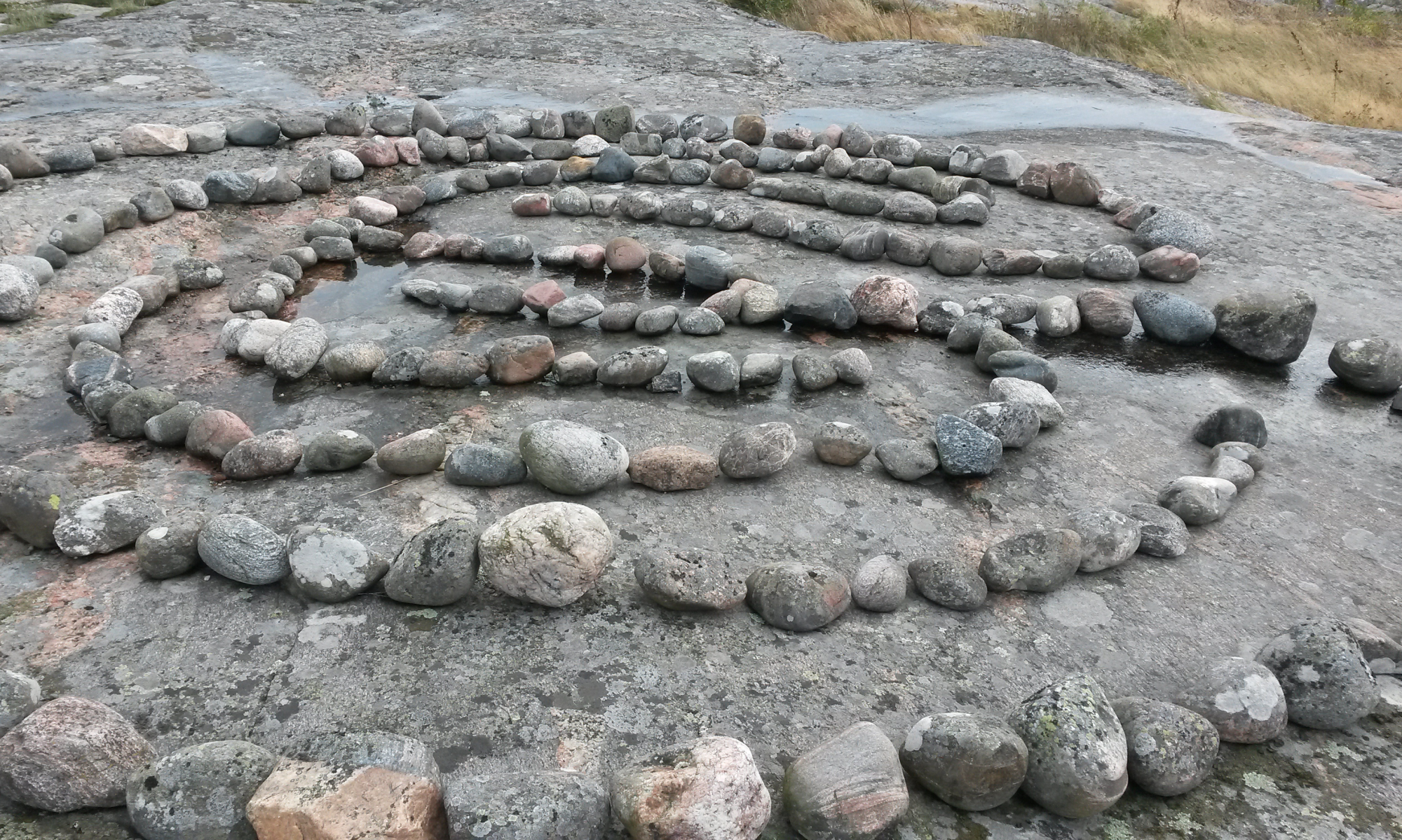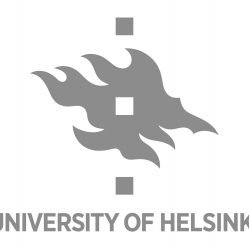Dear seminar participants,
First, I want warmly to thank the dean Johanna Mäkelä, for her opening words and her willingness to encourage the sustainability work at the Faculty of Educational Sciences. The SusEdu group highly appreciate this.

It is now my turn, as the leader of the SusEdu group, to welcome you to the second SusEdu seminar called Sustainability Education Research beyond Boundaries. In 2019, the group SusEdu was established, and it focuses especially on sustainability education research. All the initially eight members belonged to HELSUS. Today the number of members have grown to twenty-seven, crossing both the HELSUS and faculty boundaries. From the very beginning, the ambition of this group has been boundary crossing, and we continually welcome new members.
These days, humanity faces terrific problems threatening basic life-supporting systems as well as human dignity; the thought of boundary crossing is more urgent than ever. Climate change, war, poverty and inequality are some of the most disastrous dilemmas with global expanse and complex, intergenerational, and unpredictable consequences. The ethical-political foundation of Modernity has turned delicate, and need to become more sensitive for diverse cultures and ecological boundaries, and to recognize temporal and spatial challenges. Education research definitely has to start rejecting varieties of dualism and other divisions and boundaries.
First, educational research might need to cross the boundaries between disciplines. The cross-disciplinary concept includes multidisciplinary, interdisciplinary and transdisciplinary approaches, of which transdisciplinary stands for the most complex blend. According to the Nicolescuian approach, transdisciplinary is about transcending the disciplinary restrictions. Sue McGregor describes transdisciplinary knowledge as “complex, emergent, cross-fertilised, embodied and alive”.
There are also many other boundaries, for example, the boundary dividing humans from non-human nature neglecting the rights of other than human forms of life. Sustainability requests responsibility, not only for other humans but also for all life-supporting earth’s systems. If humans regard themselves as divided from the rest of nature, they might treat it as mainly a resource.
I want to especially mention the boundaries between generations, ignoring future life on Earth. Future generations of poor countries are likely to be among those hit hardest by climate change and environmental degradation. The now living humans need to realize essential changes in their existence to prevent both future humans and non-humans from suffering, and enable them a decent life.
There are boundaries between various cultures and worldviews. Sustainability requires learning processes considering diversity, complexity and dynamic issues related to individuals as well as the society and all nature on the entire planet. There is a need to decolonize mainstream methodologies that inform contemporary research, and to reclaim indigenous epistemologies.
Boundaries are obvious between education and other society supporting functions. In the sustainability discussion, the role of education has often been to change both the individuals’ behavior and the entire society. However, education alone does not lead to a more sustainable world. The boundaries between education and other spheres, like politics and economics need to become visible to initiate new ways of dealing with sustainability.
Transformative learning is emphasized as a kind of boundary crossing. Elizabeth Lange thinks sustainability demands a transformative learning approach that is a shift from modernist assumptions of outcomes, measurements, managerialism, and colonization. She asks for decolonization and a deep transformation into new ways of thinking and acting within the mutual circles of humans and non-humans.
On a personal level, there are traditionally boundaries between body and mind emphasizing cognitive knowledge at the expense of emotions and embodied experiences. And there are also boundaries between body and technology, and in this case, we might need to consider, in what extent boundaries can be crossed. We might need to think about where do I stop and where do my computer begin, as Robin Zebrowski says.
It is definitely time to decolonize educational research and orient it toward a more sustainable future. Yet, is this possible? And what is the role of philosophy?
Our keynote speaker Michiru Nagatsu, who is a HELSUS linked Associate professor in practical philosophy at the University of Helsinki, will help us reflect on these questions. His speech is called The case against (sustainability) education? On the convergence of Libertarian, Marxist and Anarchist view. Very welcome, Michiru, the screen is yours!

